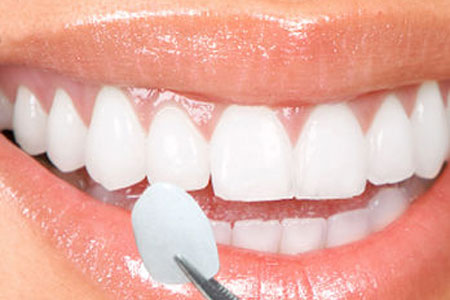|
Once your dentist refers you to an oral surgeon, your internal alarm may go off, causing fear or anxiety. But don’t worry. Instead, take this brief information that answers, “What is oral surgery?” In recent years, it has become remarkably affordable; Oral surgery is now safe and straightforward. Most people are often back to their regular routine in no time.
What is Oral Surgery? An oral surgery, or maxillofacial surgery, is used to diagnose, treat, and resolve injuries or issues in your head, neck, face, jaws, and hard and soft oral tissues. Oral and maxillofacial surgery is recognized internationally as a surgical specialty. Who are Oral Surgeons? To become an oral surgeon, one must complete a four-year education and training in dental school. Then, complete a hospital oral and maxillofacial surgery residency program for a minimum of 4 years. This program includes specialized training in pain control and anesthesia. If your dentist refers you to an oral surgeon, it doesn’t necessarily mean you have a challenging case to treat. It merely means there is a specialized surgeon who can treat your case better. When might you need an oral surgeon? You might need a specialized oral surgeon for something as common as tooth implants or to treat a tumor in the jaw. Oral surgery can solve cosmetic needs. You may also need an oral surgeon for:
Preparation for Oral Surgery If you’re about to have any form of oral surgery, several measures you can take to ensure you’re ready when the time comes. During your consultation with the specialist, they might take additional X-rays to determine what your needs are. They will review your medical history and learn what medications you’re taking. So that they can go through your case accordingly. Surgery Day On the surgery day, you’re expecting anesthesia, you should avoid food and drink for eight hours before the treatment. The duration of your surgery will depend on the type of surgery you undergo. Some procedures require lesser hospitalization than others. For example, a wisdom tooth removal procedure can be done on the same day. In contrast, jaw surgery may need a two to four-day stay at the hospital. Recovery from the Procedure Oral surgeries have some degree of after-effects. The most common after-effect is swelling. It is a natural response to oral surgery. Swelling occurs mainly around the incision area, which later reduces on its own. You can learn more about “How long does swelling last after oral surgery?” During the recovery period, it’s essential to know about the post-procedure care plan and follow your oral surgeon’s instructions. Call your dentist as soon as you notice anything unusual. Remember that your entire medical and dental team will be behind you at each step, from preparing to recovery. With their help, you’ll return at your best in no time.
0 Comments
Noble Smile Family and Cosmetic Dentistry
6734 WESTHEIMER LAKES NORTH SUITE 103, KATY, TX 77494 281-394-2929
Feeling you’re missing something about your teeth whenever you smile for pictures or meet new people? Dental Veneers might be what you need to restore your coolness and beautiful smile. Here’s what you need to know about Dental Veneers.
What are Dental Veneers? Dental veneers are the most popular cosmetic procedures, mainly because of their inauguration in the Hollywood film industry. Veneers are wafer-thin coatings, typically made of porcelain. They are especially created to fit each tooth individually. These custom-designed porcelain shells mask imperfections of color, size, shape, alignment, and strength of your tooth. Types of Dental Veneers Dental veneers are made from porcelain or from resin composite materials. Porcelain veneers resist stain better than composite veneers. They also look more natural and mimic the light-reflecting properties of natural teeth. Visit your dentist for Dental Veneers in Houston and discuss the best choice of veneer material for you. Types of problems dental veneers fix Veneers are commonly used to fix the following problems:
Pros and Cons of Dental Veneers Carefully created in dental labs, dental veneers are custom-designed to fit and match the surrounding teeth. Unlike tooth bonding, veneers are more resistant to staining and last longer. One drawback of dental veneers is they require grinding your existing tooth’s enamel and takes more time than tooth bonding. As for maintenance for a veneer, it is similar to a regular good oral hygiene routine. You can learn more about “which one is better: Veneers or dental bonding?” The Cost of Dental Veneers The cost of veneers depends on the following factors:
On average, porcelain veneers cost around $950 to $2,500 each and last up to 10-15 years. Whereas composite veneers are cheaper at about $300-1,500 per piece and last between 5 and 7 years. Aftercare
|
AuthorI am Professional Blogger. I do blogging in new way Archives
September 2022
Categories |


 RSS Feed
RSS Feed
